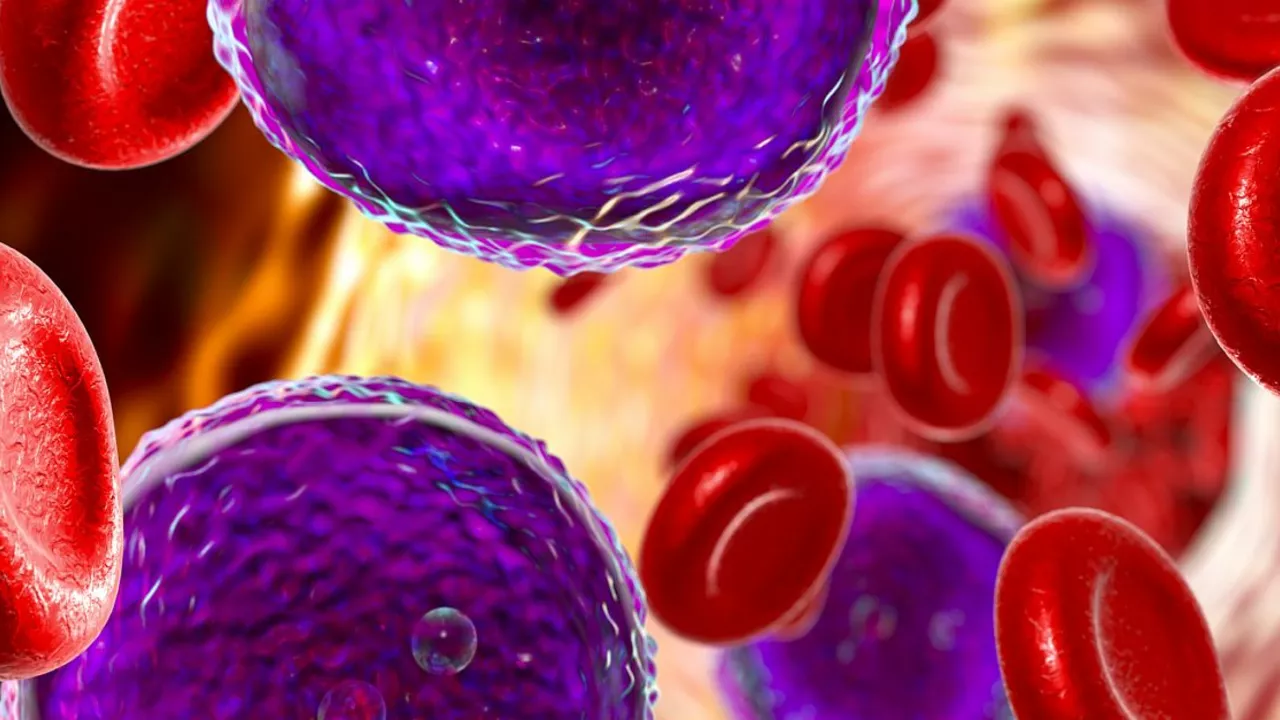Chromosome-Positive Lymphoblastic Leukemia: Understanding the Basics
If you've come across the term 'chromosome-positive lymphoblastic leukemia,' you might be wondering what it actually means and how it affects treatment options. Simply put, this type of leukemia is a blood cancer where certain chromosomes inside cancerous cells have unusual changes. These chromosome changes can affect how the disease behaves and how doctors tackle it.
The most common chromosome abnormality associated with this condition is called the Philadelphia chromosome. It’s a tricky little piece of DNA that swaps parts with another chromosome, turning on genes that make leukemia cells grow faster. Knowing if the leukemia cells have this chromosome is crucial because it helps doctors pick the most effective treatment plans tailored for each patient.
Spotting the Signs and Confirming Diagnosis
Leukemia symptoms can be sneaky—things like feeling really tired, bruising easily, or getting frequent infections. If these signs pop up, a doctor will usually order blood tests and a bone marrow biopsy to get a clear picture. Labs then run special tests to hunt for the Philadelphia chromosome or other chromosome changes. This step is key to confirm if the leukemia is chromosome-positive.
Treatment Options: What’s Available?
Thanks to advances in medicine, having chromosome-positive lymphoblastic leukemia isn’t a sentence anymore. Besides chemotherapy, targeted drugs called tyrosine kinase inhibitors (TKIs) are game changers here. They specifically zero in on the abnormal proteins created by the Philadelphia chromosome, stopping cancer cells from growing. Doctors often combine TKIs with chemo for better results.
In some cases, a stem cell transplant might also be considered, especially if the disease is tough to control. But the good news is survival rates have improved with these new treatments. Regular check-ups and following the prescribed therapies help keep the disease under control.
Living with chromosome-positive lymphoblastic leukemia comes with challenges, but knowing what this means and the treatment routes available can make a big difference. If you or a loved one is dealing with this, always keep open communication with your healthcare team—they’re there to guide you through every step.

How Chromosome-Positive Lymphoblastic Leukemia Affects Children and Adolescents
Chromosome-positive lymphoblastic leukemia is a challenging health issue among children and adolescents. It's a form of blood cancer that impacts the body's ability to produce healthy cells, leading to a weakened immune system. Sadly, this disease often results in severe illness and can be life-threatening. Children and adolescents with this condition typically undergo intense treatments, such as chemotherapy, which can greatly affect their quality of life. It's essential for families and healthcare providers to understand this condition to provide the best support and care possible.